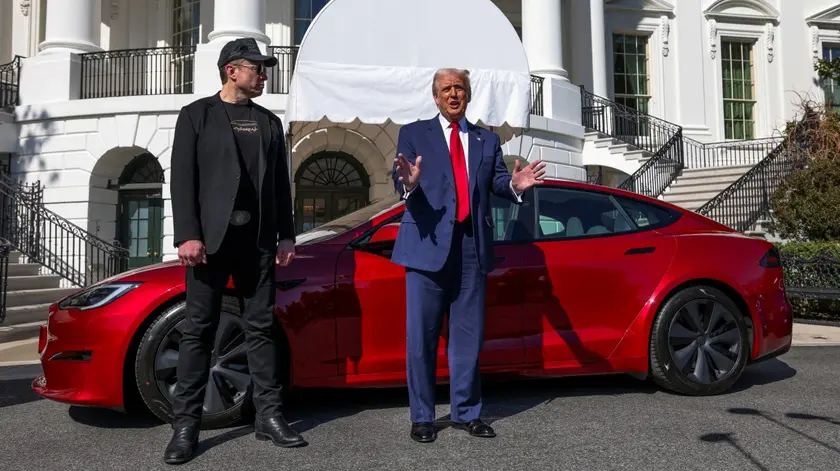T4K3.news
Trump pushes 15 percent share on Nvidia H20 sales
Trump says Nvidia would pay 15 percent of its H20 sales in China to the U.S. government as a condition for easing export controls.
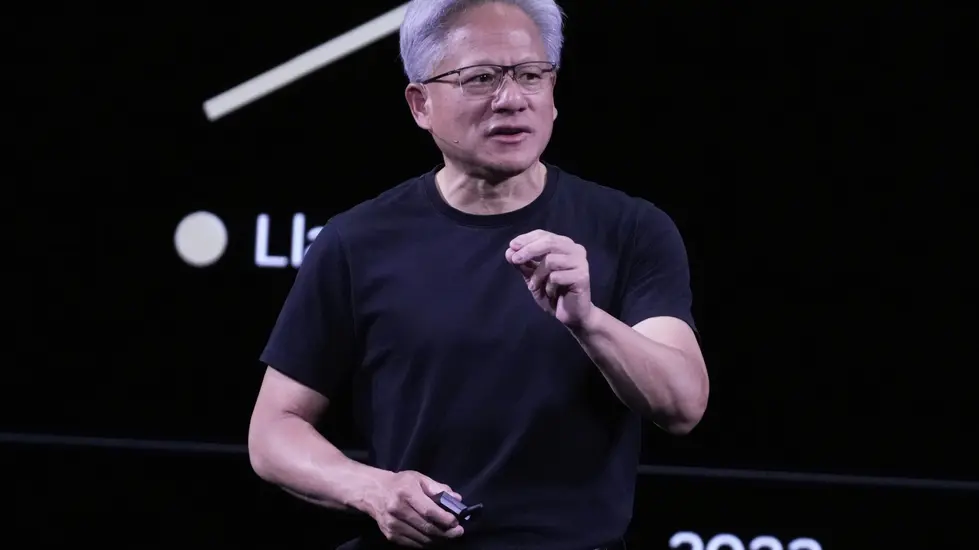
Trump announced a 15 percent revenue share on Nvidia H20 chip sales to China as a condition for easing export restrictions.
Trump demands 15 percent government share of Nvidia H20 sales
Trump said Nvidia would hand the United States 15 percent of the revenue from China sales of its H20 chips, a move he framed as a condition for loosening export controls. He reported that Nvidia asked for restrictions to be eased and that he pressed for compensation before agreeing. Nvidia replied that it follows the rules set by the U.S. government and did not confirm the 15 percent figure. The claim comes amid a years long back and forth over regulatory controls on advanced chips used in artificial intelligence.
Observers note that the arrangement is unusual, raising questions about legal authority and how such a payment would be collected. The episode fits into a broader pattern of policy shifts on tech trade with China, including past export restrictions and periods of relaxation. The situation could influence Nvidia and AMD as they navigate evolving licenses and approvals for cross border sales. The political weight of a White House announcement adds urgency and invites scrutiny from lawmakers and markets alike.
Key Takeaways
"Access comes with a price tag when policy meets profits."
editorial reaction to policy edge in tech trade
"A release with a price tag on silicon changes the rules."
comment on potential new norm
"Security and trade policy are now woven into chip sales."
observation on policy bundling
"Investors will watch how far the government can reach."
markets reaction angle
The proposal signals a possible shift in how national policy treats tech sales as part of a broader strategic competition with China. Tying a revenue share to export policy moves could set a precedent that blurs the line between regulation and taxation, with uncertain legal footing. For Nvidia and other chipmakers, the move introduces a new layer of risk as future policy changes could alter margins without a clear legislative process.
At the same time, the episode underscores how public diplomacy and policy leverage intersect with market dynamics. If lawmakers push back or regulators challenge the mechanism, the episode could chill investment and complicate supply chain planning for firms that rely on a global network and rapid regulatory adaption.
Highlights
- Access comes with a price tag when policy meets profits.
- A release with a price tag on silicon changes the rules.
- Security and trade policy are now woven into chip sales.
- Investors will watch how far the government can reach.
Political and budgetary risk around revenue sharing with China
The plan raises questions about legal authority, budget impact, and potential political backlash. It could affect investor confidence and U.S.-China relations.
Policy moves like this keep tech power and national security in the spotlight.
Enjoyed this? Let your friends know!
Related News
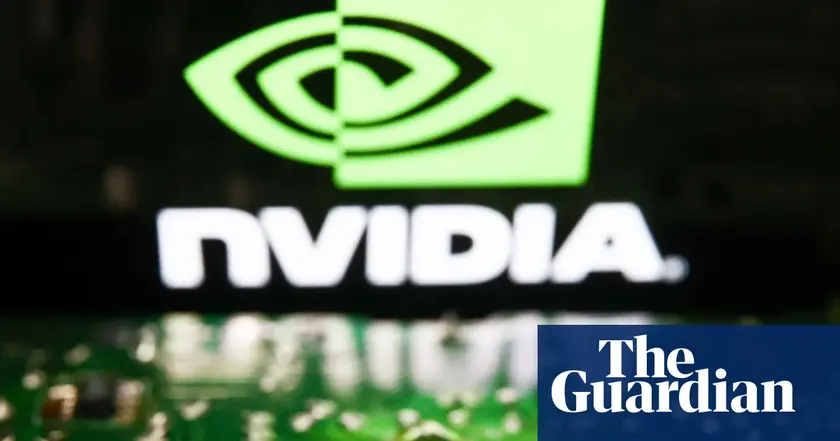
Nvidia and AMD face new export rules
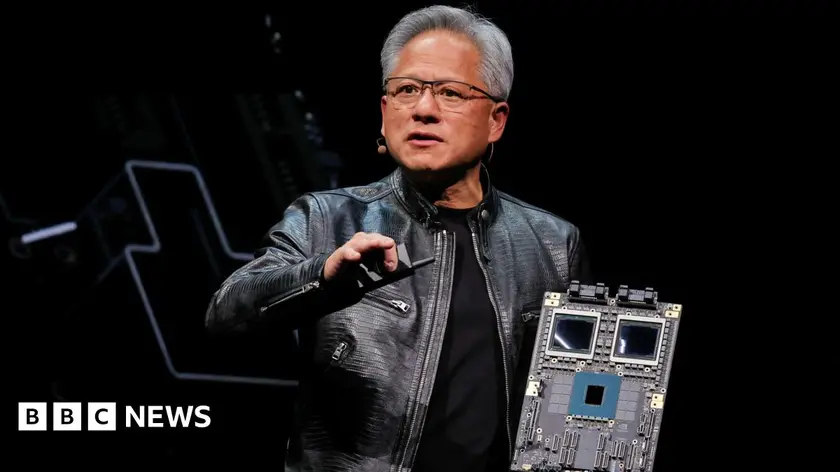
Nvidia and AMD to pay 15 percent of China revenue to US
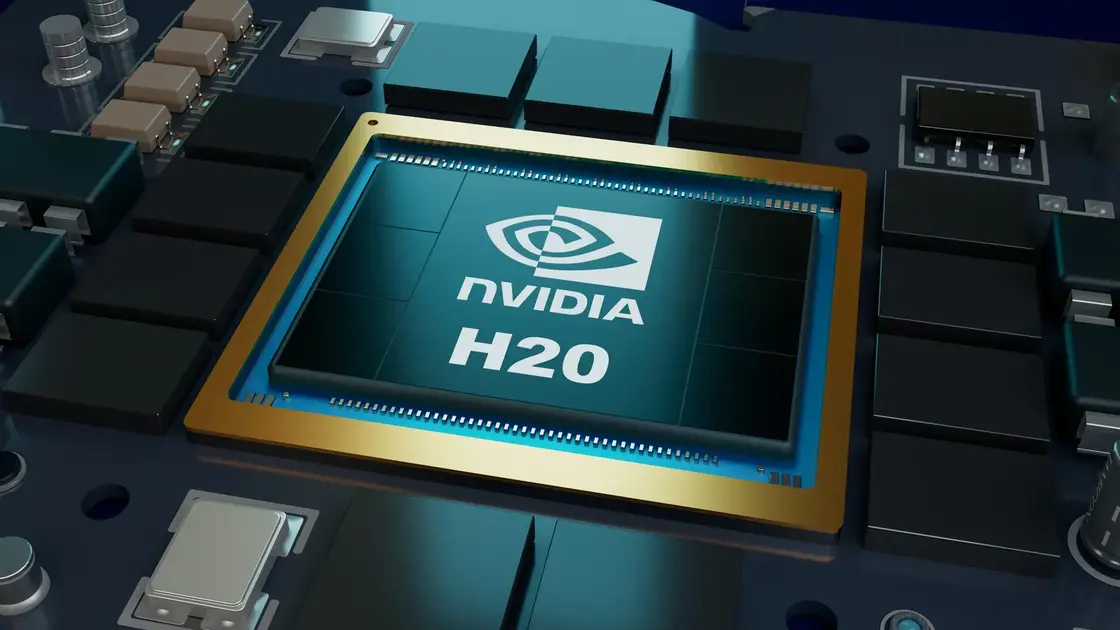
Nvidia AMD 15 percent China revenue levy announced
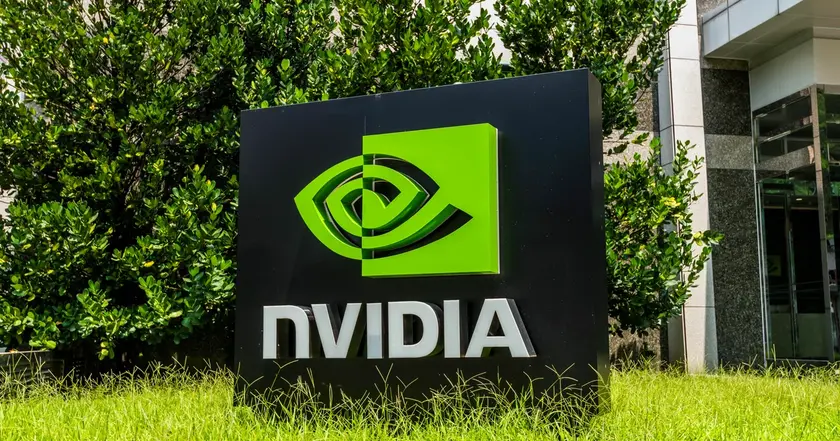
Export licenses tied to revenue share
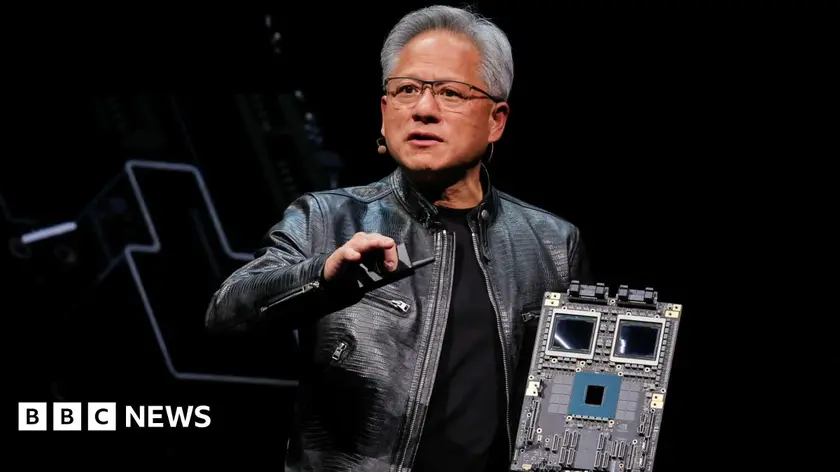
Nvidia and AMD sign 15% China sales agreement
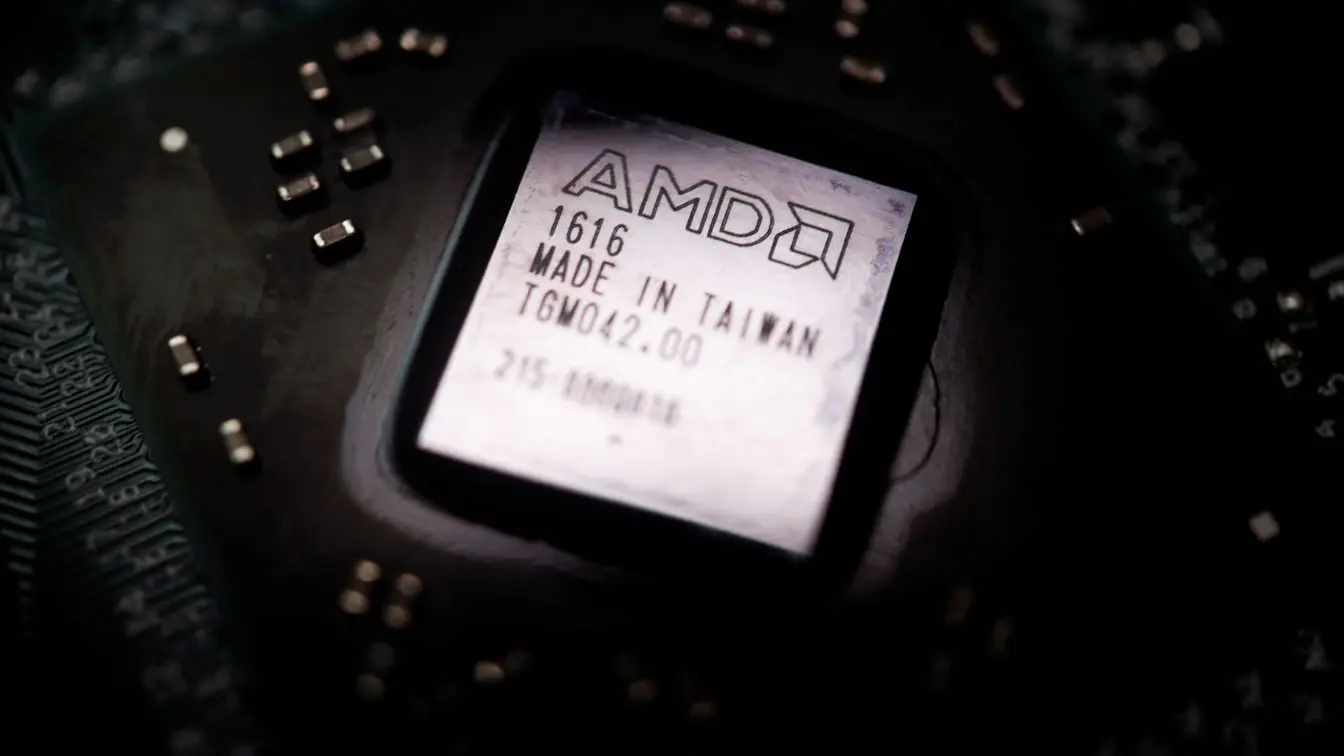
Chip firms strike policy-linked revenue deal in China

S&P 500 Declines Amid Rising Inflation
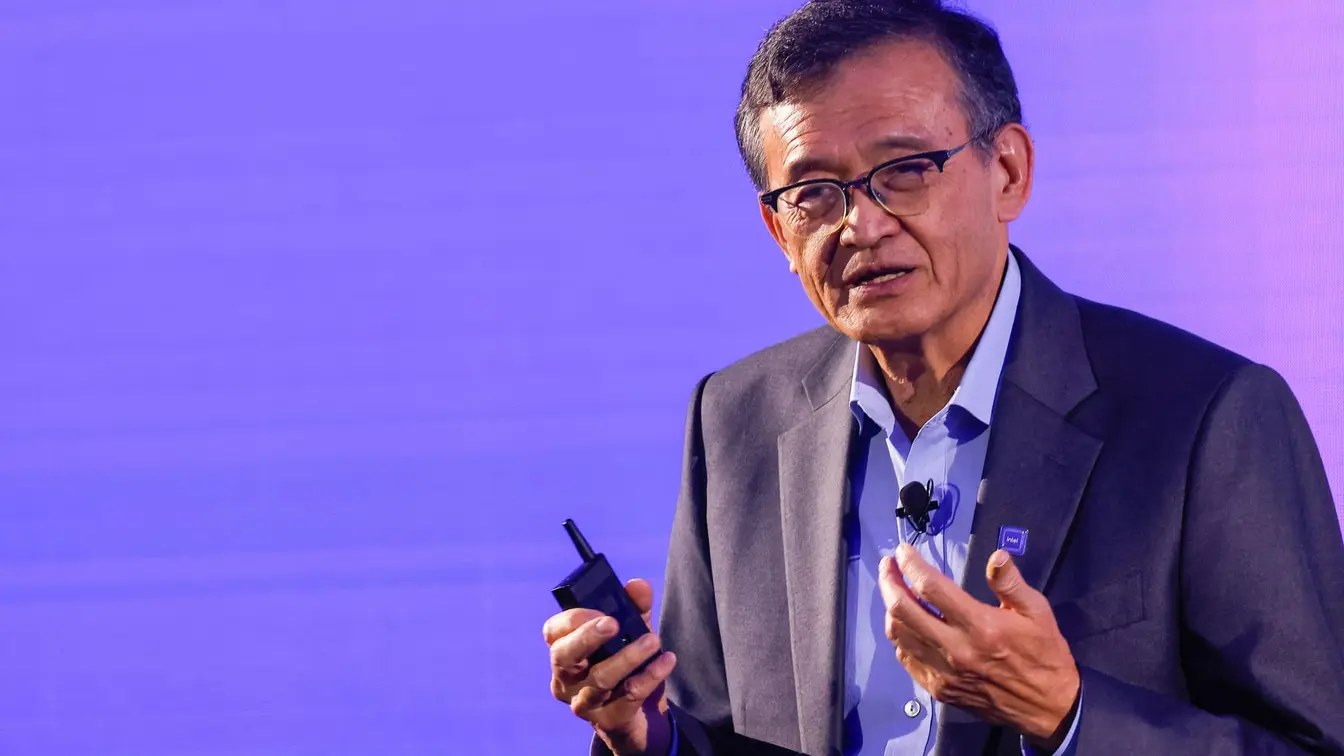
Intel CEO meets Trump after resignation demand
